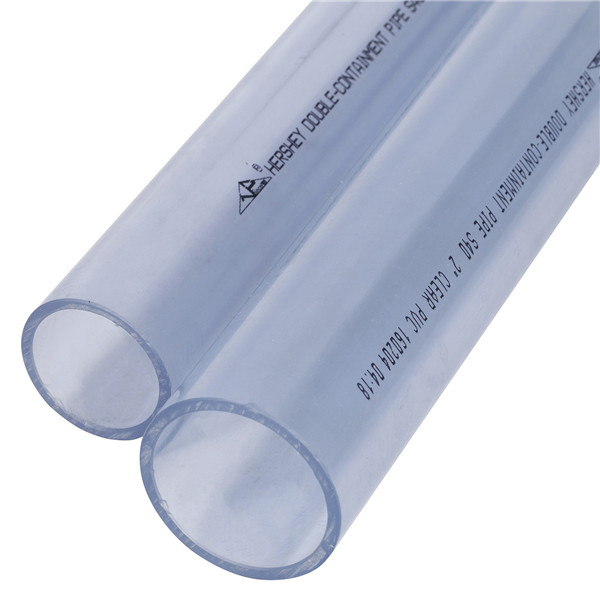Oct . 12, 2024 17:16 Back to list
pvc pipe connectors
Understanding PVC Pipe Connectors The Essential Components of Plumbing
PVC pipe connectors are indispensable components in the realm of plumbing and construction. PVC, or polyvinyl chloride, is a popular material due to its durability, lightweight nature, and resistance to corrosion. When working with PVC piping systems, understanding the various types of connectors and their applications is crucial for ensuring reliable and efficient installations.
Types of PVC Pipe Connectors
There are several types of PVC pipe connectors, each designed to serve specific functions in plumbing systems
. Common types include1. PVC Couplings These are used to connect two lengths of PVC pipe in a straight line. They come in different diameters to accommodate various pipe sizes. Couplings are essential when extending a plumbing line or making repairs.
2. PVC Elbows These connectors allow for a change in direction of the piping. Elbows are available in different angles, with the most common being 90 degrees and 45 degrees. They help in navigating around obstacles or changing the direction of the pipe run.
3. PVC Tees Tees are utilized to create branches in the system, allowing water to flow in multiple directions. A standard T-connector has one inlet and two outlets or vice versa. This is particularly useful in systems where multiple fixtures need to be supplied from a single main line.
4. PVC Reducers These connectors enable the transition between pipes of different diameters. For instance, if you need to connect a larger pipe to a smaller one, a reducing coupling can be used. This is particularly important for systems designed to manage different flow rates.
pvc pipe connectors

5. PVC Caps and Plugs Caps are used to close the end of a pipe, while plugs do the same but are fitted inside the opening. These are useful for capping off unused lines or temporarily sealing portions of a system during repairs.
Benefits of Using PVC Connectors
PVC connectors offer numerous advantages over other materials. First, they resist corrosion, meaning they can endure the challenges posed by various liquids without deteriorating. Additionally, PVC is lightweight, which makes installation easier and reduces transportation costs.
Furthermore, PVC connectors do not require any specialized tools for installation. They are typically joined using solvent cement, which forms a chemical bond with the pipes. This simplicity significantly lowers the barrier to performing plumbing tasks for both professionals and DIY enthusiasts.
Installation Tips
When installing PVC pipe connectors, it is essential to ensure that the surfaces are clean and free of dust and debris. Properly cutting and preparing the pipe ends will facilitate a strong bond once the solvent cement dries. Always follow the manufacturer's recommendations for drying times to ensure the connection is secure before the system is put into service.
Conclusion
PVC pipe connectors play a vital role in constructing, repairing, and maintaining plumbing systems. With various options available, it’s essential to choose the right type of connector for your application. Their durability, ease of use, and resistance to environmental factors make PVC connectors a popular choice among both professionals and DIYers. By familiarizing yourself with these essential components, you’ll be well-equipped to tackle any plumbing project with confidence.
-
Durable PP Rigid Sheet: Lightweight, Chemical Resistant Solutions
NewsAug.21,2025
-
PVC Grey Sheet for Extraction: Chemical Resistant & Durable
NewsAug.19,2025
-
Durable PVC Pipe Fittings for Plumbing & Irrigation Needs
NewsAug.18,2025
-
HDPE Steel Belt Reinforced Spiral Corrugated Pipe | High Strength
NewsAug.17,2025
-
HDPE Pipe Fittings: Durable, Leak-Proof Solutions
NewsAug.16,2025
-
Premium CPVC Sheet: High-Temp & Chemical Resistant Solutions
NewsAug.15,2025

